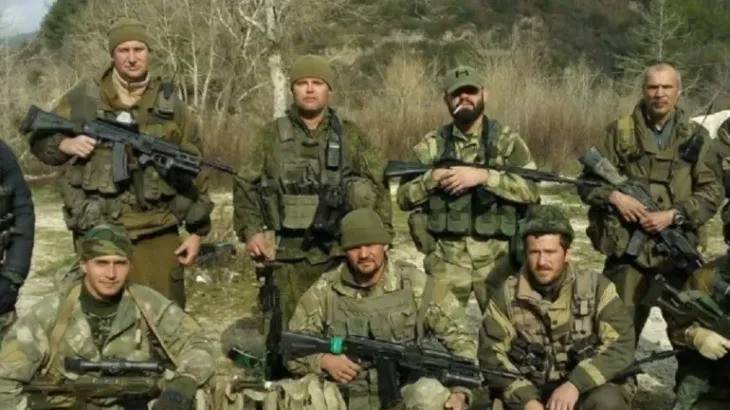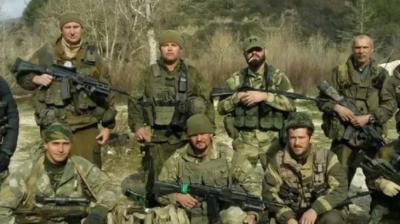Tensions have escalated in recent days between Mali and Mauritania, fueled by the Russian Wagner Group, which remains active in certain African countries despite the death of its leader Yevgeny Prigozhin last year. Mali rectified a mistake made by a group of its soldiers, supported by elements from the Russian group, when they stormed two villages in eastern Mauritania and fired indiscriminately, resulting in injuries to several civilians.
This prompted Malian President Assimi Goïta to call his Mauritanian counterpart Mohamed Ould Ghazouani early yesterday morning during the Eid al-Fitr holiday, which both countries officially celebrate. This marked a clear change in the usual communication between the two leaders, as calls between them are rare, with the last recorded phone call occurring in April of last year.
Although the leadership of both countries stated during the phone call that they exchanged Eid al-Fitr greetings and discussed ways to develop bilateral relations, the timing of the call—especially as it came after Mauritania condemned the actions of the Wagner Group—suggests that the Malian president sought to appease his neighbor and apologize for the consequences caused by both the Russian group and Malian soldiers.
This came after Mauritanian Minister of Oil and Energy, and government spokesman Nani Ould Achrouq, criticized the Malian army and the Wagner Group's actions in the east of the country, stating that elements of Wagner and the Malian army had crossed into Mauritanian territory while mistakenly pursuing armed militants. He confirmed that the Mauritanian army would retaliate effectively against anyone who intentionally entered its territory, according to his remarks.
It is worth noting that a force from Wagner, working with the Malian army, had entered Mauritanian territory specifically at the southeastern border and stormed the villages of "Dar al-Naeem" and "Medallah" just days ago. According to local sources, the group fired shots and arrested individuals they described as terrorists from within a house in Medallah village, injuring three people before withdrawing from Mauritanian territory.
The incident sparked widespread protests and condemnations in Mauritania, prompting the military leadership to reassure the residents of the border area that such incursions would not be repeated in the future and that the army was capable of protecting them. It is noteworthy that Mauritania and Mali share a border that stretches over two thousand kilometers, and due to the lack of security monitoring along the vast border, elements from armed groups affiliated with al-Qaeda and ISIS frequently infiltrate Mauritanian territory after each operation conducted by the Malian army.




